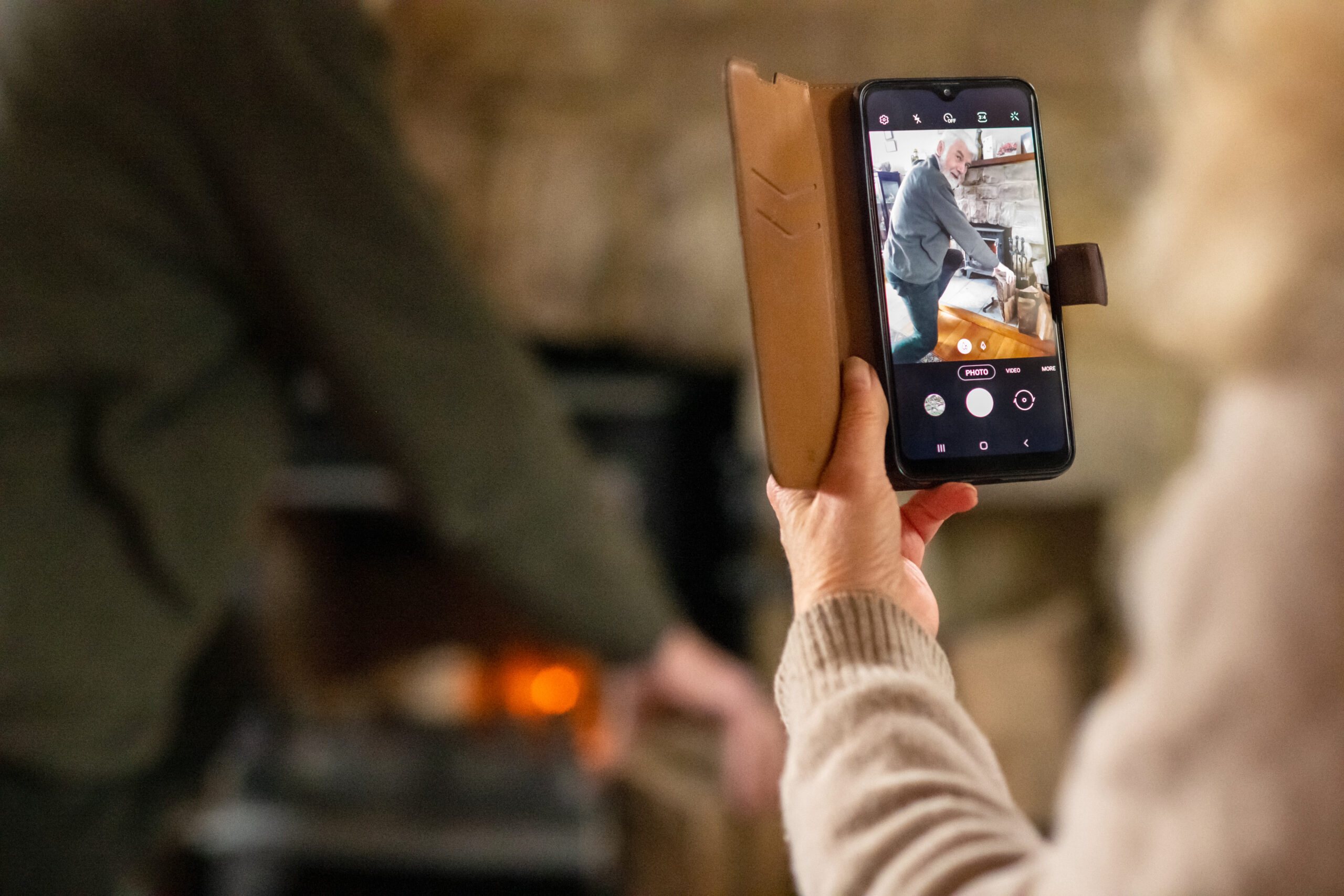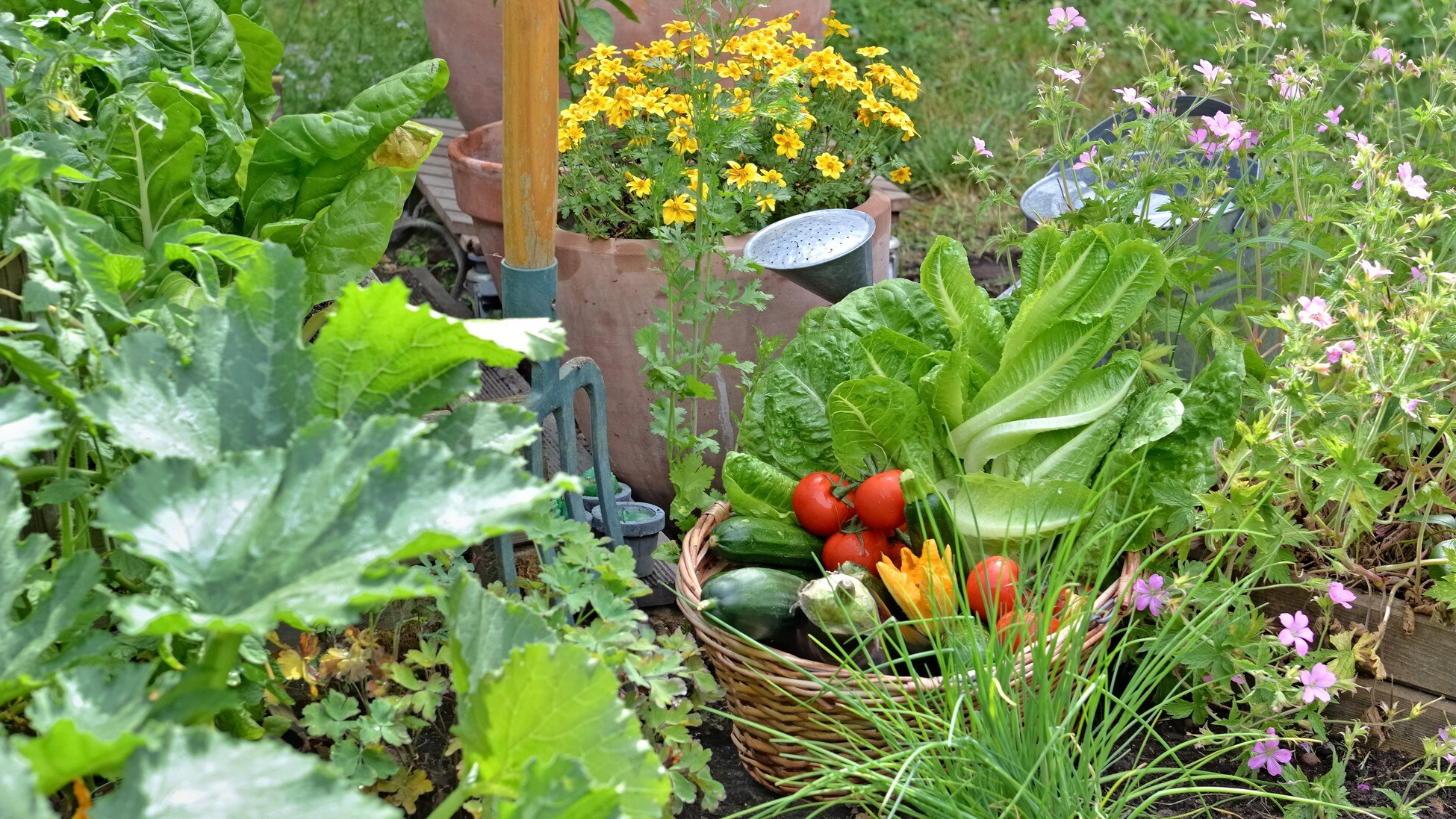The dictionary defines “technology” like this:
technology
noun, plural tech·nol·o·gies
the branch of knowledge that deals with the creation and use of technical means and their interrelation with life, society, and the environment, drawing upon such subjects as industrial arts, engineering, applied science, and pure science. (Dictionary.com)
When I was in elementary school, every year we would watch a film that had been produced by (I think) one of the Big Three auto makers. It was a story about a family far in the future. The film showed a sparsely furnished, ultra-modern home, a sleek aerodynamic car, a computer in the kitchen, and a picture-phone. Technology was front-and-center. The family was affected in every way by the practical application of “technical means and their interrelation with life…”
Three years ago, my first grandson was born. I was thrilled, and soon after his birth my daughter’s family and I speculated that somehow, we would get together about once a month as this baby grew. We succeeded, mostly, until February 2020 when the world began to hear about a new, highly contagious virus. Our plans for visits disappeared, we learned how to “stay safe at home.” And then, we reached for our smart phones.
Since sometime in mid-March 2020, my daughter’s family and I have had a date to check in via FaceTime nearly every day. No one is more surprised than I am. But, even if only for a few minutes, we enter the world that I could only try to imagine 55 years ago, in the days of the household phone that hung on the wall in the kitchen—and if we were lucky, it had a cord long enough to reach around the doorway into the next room for a tiny bit of whispered privacy.
And then, not all at once, but slowly, gradually, our lives adjusted to incremental advancements in technology. An extension in the bedroom allowed more private conversations in my teenage years; a handset with the dial inset in the handle allowed us to redial quickly; a portable phone (!), a gift I said I didn’t need…; a car phone that plugged into the cigarette lighter; and eventually, a flip phone. From there, the adjustments seemed to come more quickly and easily, folded into the periodic upgrades to cellphone hardware until I made the conscious decision to move to an iPhone and connection to the internet in the palm of my hand.
The world that my grandson was born into has allowed him to see me on a tiny screen and hear my voice. Now when we talk, I talk to his 7-month-old sister too. She is learning about these amazing screens already. Sometimes we read. Sometimes we sing “Jingle Bell Rock.” Sometimes my grandson doesn’t want to talk to me, and I talk to my daughter instead. But each day I am grateful for the technology that gives me this glimpse into the everyday life of my daughter’s family. I marvel that these grandchildren have learned of my grandma love for them through this remarkable technology. And I am grateful for the intellects of the engineers who bring these developments to our lives.
I don’t know what technological mystery will come to us next, but I hope that I have the curiosity and the persistence to accept and learn to apply it to my life. And I wonder. I wonder if we can learn from this progression of technology.
Are we more adaptable than we might think?
Can we accept change even when we don’t understand it?
Could we see changes as improvements rather than loss?
We might ask these same questions in any of many other aspects of our lives. As our families change through marriages or even deaths. As our communities change and adjust to new regulations. As our churches emerge from pandemic protocols. Little by little, perhaps we might move from one incremental step to another and find adventure and grace in those changes. After all, we didn’t get from the rotary dial phone hanging in the kitchen to Face Timing with our grandchildren overnight. Thank goodness!
View all articles by:






















